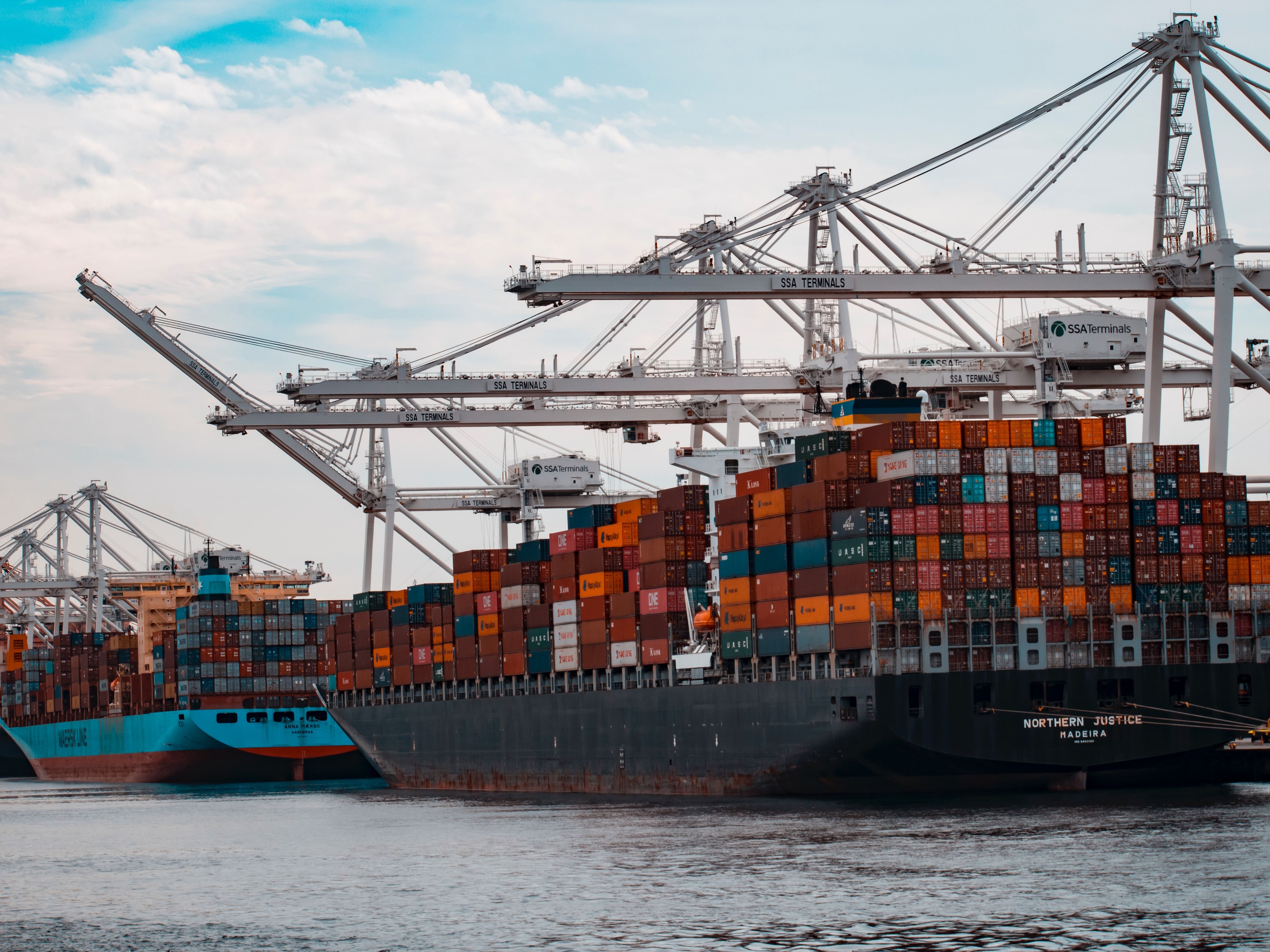
Added: Mar 09, 2021
Last edited: Oct 07, 2021
Ghana's Port of Tema is boosting its recycling efforts with a compact micro-refining unit that regenerates oil waste into petroleum products. The Mini P2R will allow to locally revalue the waste, as well as used lube oil, into new oil products. By allowing a second life to these wastes it will help to effectively combat the pollution associated with the illegal dumping of these residues in rivers and oceans, as well as toxic air emissions from their incineration in the absence of treatment.
The production of hazardous wastes and other aquatic contaminants by ships at sea has an environmental effect of marine and coastal ecosystems. Crews and passengers on ships produce sewage and wastewater during regular operations. In the past, the most common way to dispose of waste made on board was to dump it into the sea. In relation to a daily consumption of 180 tons of fuel, a container ship operated by a 50 000 horsepower engine produces 1.6 tons of fuel oil residue in the form of sludge.
The French-Portuguese company Ecoslops handles maritime oil residues (slops and sludges) that include water, sediment, heavy metals, and other contaminants by installing a so called Mini P2R unit. It will allow the waste, as well as used lube oil, to be revalued locally and turned into new oil products. Allowing these wastes a second life would help to effectively tackle contamination associated with illegal dumping of these residues in rivers and seas, as well as hazardous air emissions from their incineration in the absence of a proper disposal method.
Despite the fact that Africa's maritime transport sector is still underdeveloped, more than 90% of all imports and exports are handled by sea from ports along the coast which shows the importance of well-functioning industrial systems of ports. With a compact micro-refining unit that regenerates oil waste into petroleum products, Ghana's Port of Tema is boosting its recycling efforts in oil residues. Besides implementing recycling a variety of international agreements are discussing issues related to coastal management in Ghana. Moreover, there are currently four regional agreements in place throughout Africa that aim to protect, maintain, and improve the continent's marine and coastal ecosystem.

Use waste as a resource
Design for the future
Valorise waste streams - closed loop
Valorise waste streams - open loop
Energy recovery from waste
Design for cyclability
Design for recycling
Mobilise
Visions and Ambitions
Roadmaps and strategies and targets
Regulate
Regulation
Environmental assessment & permits
recycling oil waste
